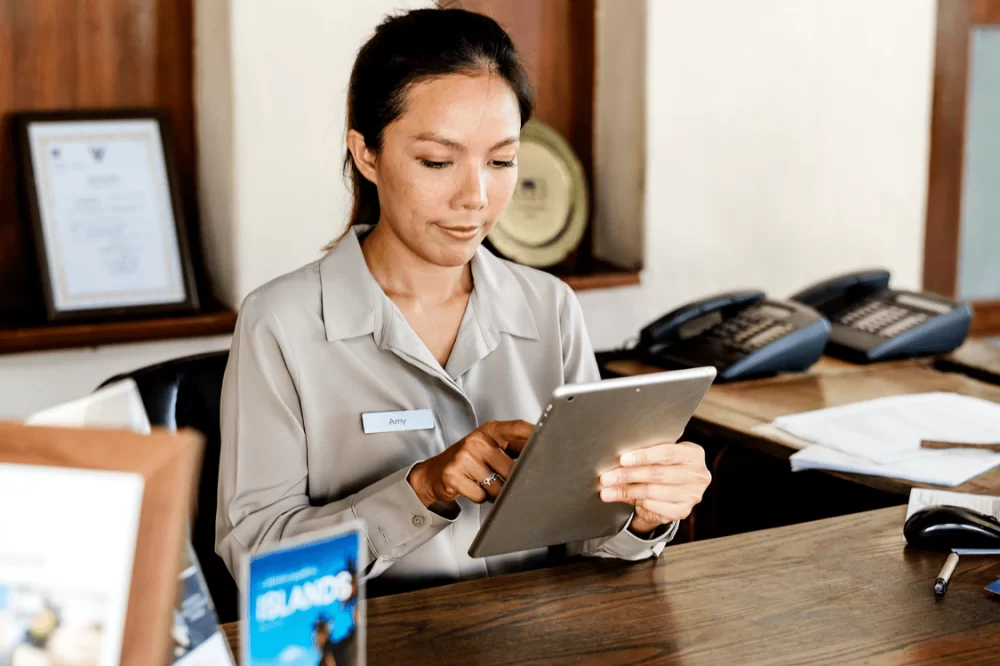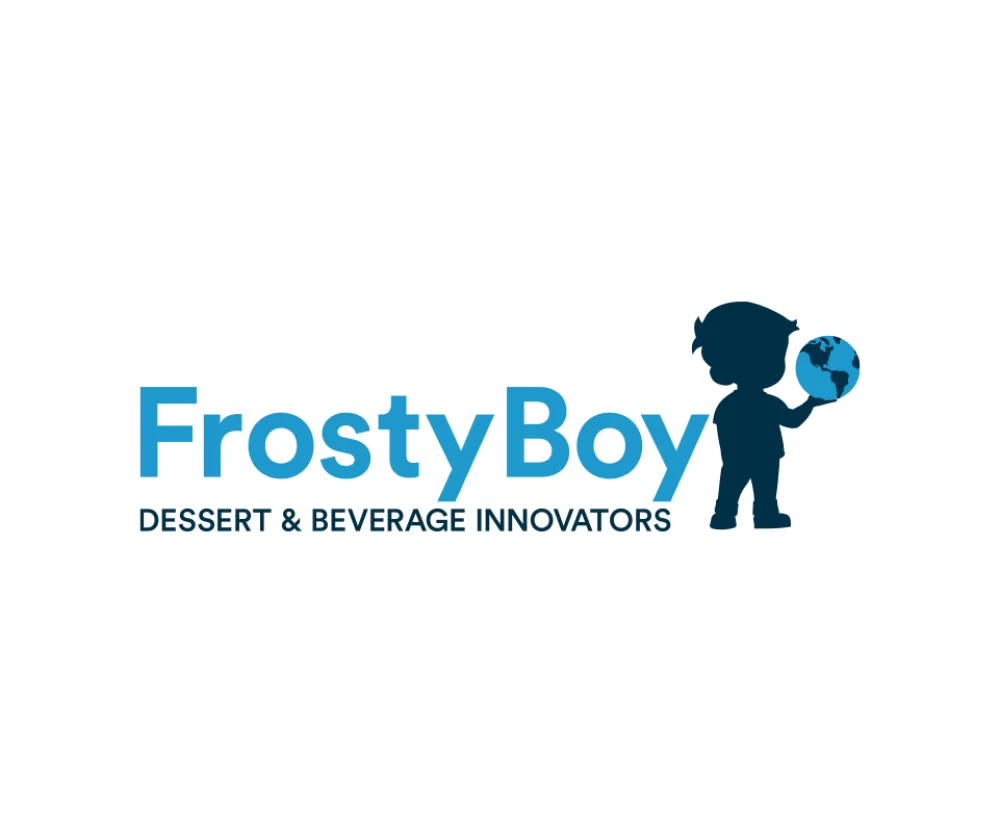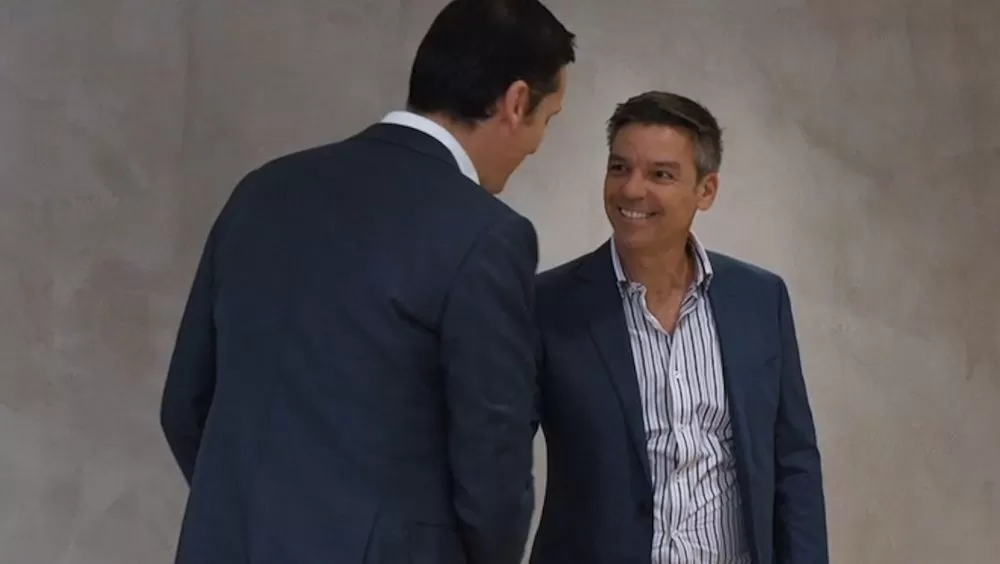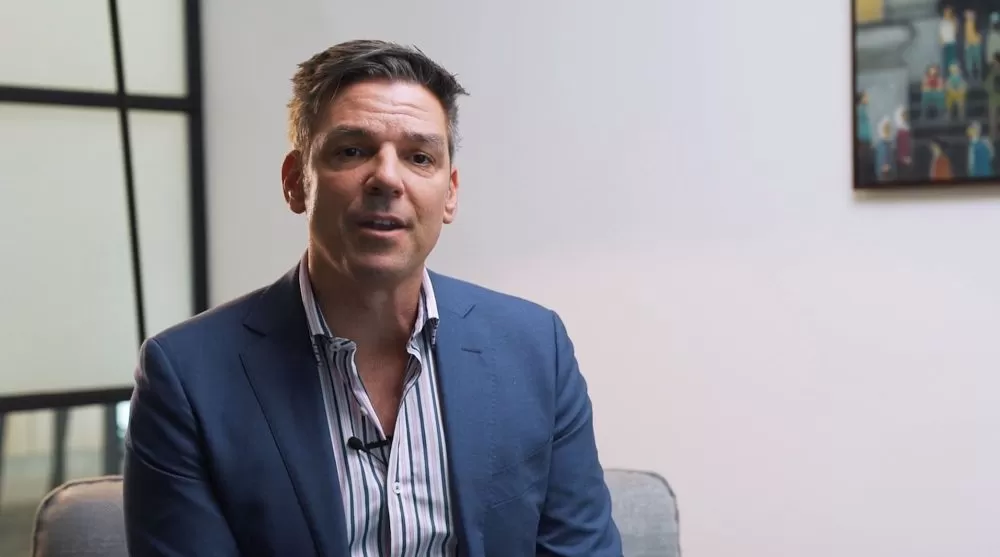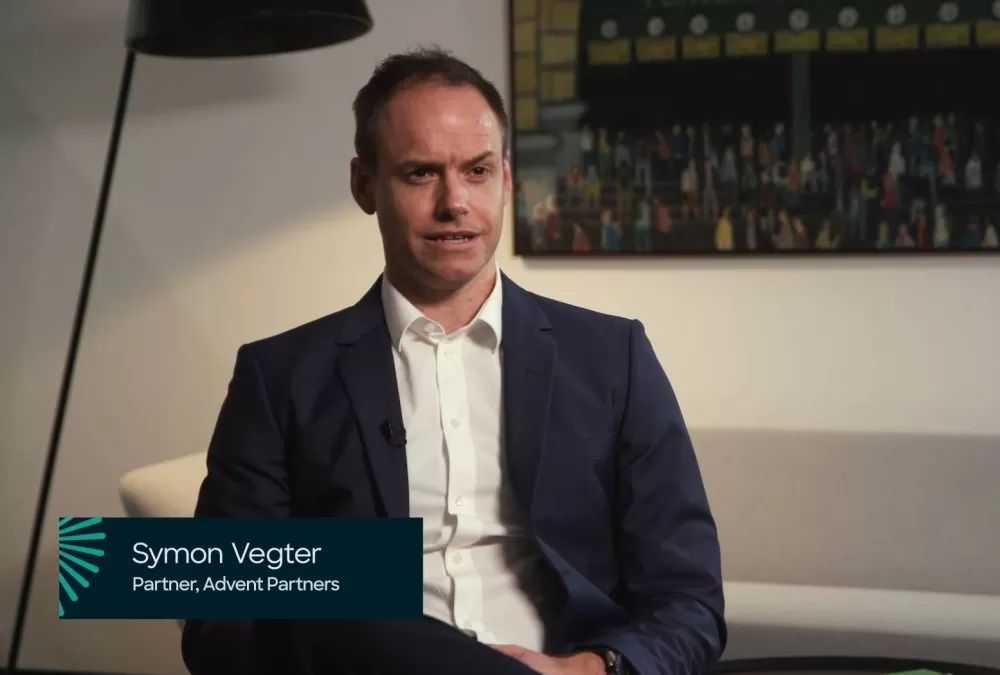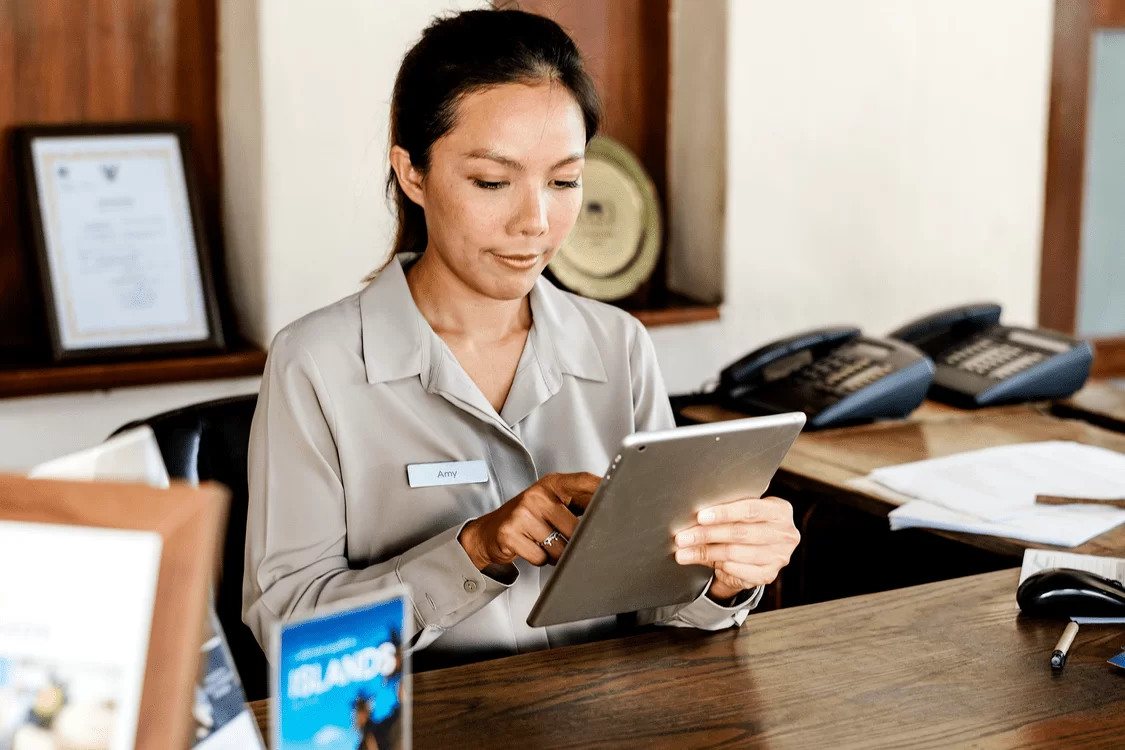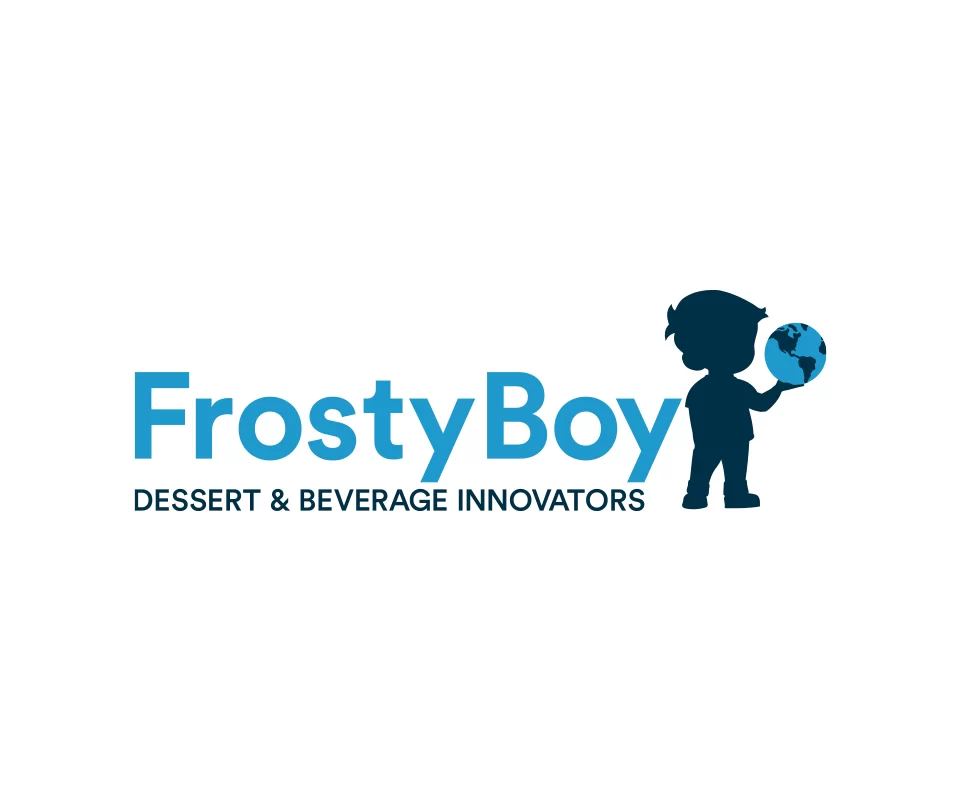3 May 2020
The following article is from the AVCJ May edition where Robert Radcliffe-Smith, the Managing Partner of Advent Partners, shares his insights on the private equity investment process.
Written by Tim Burroughs.
You can read the article on the AVCJ website here.
—————————————————————————————–
Asian Venture Capital Journal | 03 May 2020
Pure proprietary deals are a rarity in Australia’s mid‐market. Most opportunities pass through a fragmented network of advisors, which means private equity firms must get noticed to stay relevant
Quadrant Private Equity is known for speed and certainty of execution. The Australian mid‐market GP has established a reputation for buying decisively and scaling up quickly. Deals typically involve taking a majority stake in a founder or family‐led business, professionalizing management, and building out through bolt‐on acquisitions.
As Quadrant’s funds have increased in size with each vintage, its sweet spot has moved towards the upper end of the mid‐market spectrum. The firm responded in April of last year by raising a A$400 million ($260 million) growth vehicle with a view to leveraging its brand with smaller companies. Twelve months on, five deals have closed with equity checks in the A$30‐50 million range. Three fit the classic founder‐owner scale‐up profile, while the other two were corporate carve‐outs.
The carve‐outs were not expected – although they could be a sign of what is to come as companies look for ways to repair balance sheets and streamline operations post‐coronavirus – but the chain of events that led Quadrant to these deals is familiar. One saw the GP move swiftly to preempt an auction; the other involved picking up the pieces from a broken sale process.
Just as the boards of these companies drew comfort from Quadrant’s speed and certainty, so do the myriad advisors that feed it deals. Indeed, the private equity firm was in part motivated to launch the growth fund because the big four accounting firms were sharing so many opportunities below A$100 million in enterprise value that could not be acted on. Managers across Asia like to trumpet their proprietary deal‐sourcing capabilities, but Quadrant doesn’t seem that bothered.
“Proprietary is a subjective term, open to a lot of abuse,” says Justin Ryan, a managing partner at the firm responsible for the growth fund. “I’d say none of our deals were proprietary. We tend to move quickly to exclusivity in bilateral arrangements. “To me, proprietary is where you work up an idea individually and approach someone with it. We aren’t going to an owner and saying they should sell; we are usually responding to a situation and moving quickly to exclusivity in bilateral arrangements. And we aren’t investing in industries we create from nothing; we follow megatrends.”
Unpicking proprietary
This is the reality of Australia’s middle‐market. It is rare for private equity firms to originate deals without any input from an advisor. Many industry participants broaden the definition of proprietary to include situations where the intermediary recognizes an opportunity as a perfect fit for their strategy and shows it to no one else. Therefore, the more telling due diligence question for LPs might be: What is this GP doing to ensure it sees the best deals – within the confines of its strategy – that emanate from a highly fragmented advisory universe?
All private equity firms source some transactions independently, but most rely on third parties for over half of deal flow. Only two groups – Mercury Capital and Anacacia Capital – are routinely identified as eschewing this model, and it is unclear how much they really deviate from the norm.
Anacacia focuses on a theme and looks for businesses that are direct or indirect proxies. It shortlists the top candidates and develops relationships with the management teams over several years until both sides are ready to proceed with a deal. This approach led the private equity firm to invest in Root Partnerships, an infrastructure advisory firm, last year. There was still some third‐party involvement – a mutual acquaintance made an introduction – but the opportunity did not percolate through the mainstream accounting firm ecosystem.
“We value relationships with investment bankers and accounting firms. They bring us opportunities that we are happy to look at exclusively and see if there is a solution we can provide for the founders,” says Jeremy Samuel, a managing director at Anacacia. “We source in three ways: through talking to companies as a result of top‐down and bottom‐up industry research; through our networks and relationships; and reactively, when businesses have advisors.”
Every deal closed by Anacacia since its inception 12 years ago has been exclusive in that there were no competing buyers, he claims. In some cases, the target company had an advisor. Much depends on the vendor’s objective. If the advisor is there to run a broad process that prioritizes price maximization over retaining a minority stake and finding a partner to help develop the business, Anacacia walks away. On the other hand, it is routine for founders considering a sale to seek counsel on accounting, tax and legal issues.
“I try to avoid the term proprietary. It implies there is a secret and the company seeking investment didn’t seek any advice – but if you’re the owner of a A$100‐300 million business and you don’t get advice when thinking about bringing in a new major shareholder, that would not be wise,” adds Anthony Kerwick, a managing director at Adamantem Capital. “Of the six investments we’ve made, only one was a genuine auction process, but most of the time the counterparty receives advice.”
Anatomy of a market
When mid‐market deals come through advisory networks, they are not necessarily fully formed. UBS is currently running a sale process for Healius, an Australian healthcare services provider that rebuffed a A$2.1 billion bid from Partners Group and now wants to see what other prospective buyers have to offer. Prospective participants can expect to receive a deal flier from UBS accompanied by a due diligence report by a big four accounting firm.
This is the kind of service provided by top‐tier investment banks that don’t take mandates of less than A$1‐2 million, which usually restricts them to deals above A$200 million in enterprise value. Smaller industry peers occupy the segment below, which morphs from mid‐market to lower midmarket. The number of advisors grows with each step down, splintering into coverage of different geographies within Australia.
Even within the big four accounting firms, there may not be a uniform national strategy, which is in part driven by the fact that they are made up of networks of individuals who run different offices. For example, one GP observes that KPMG’s team in Sydney focuses on relatively large‐ticket transactions, while their colleagues in Brisbane and Melbourne tend to tap the firm’s audit and tax client bases for smaller deals.
Nevertheless, the leading accounting firms still boast geographic coverage and a depth of resources in areas such as due diligence that few can match. BDO considers itself the fifth‐largest player in Australia’s middle market and has a 140‐strong corporate finance team that operates nationally under a hub‐and‐spoke system. Sebastian Stevens, a corporate finance partner with the firm, claims the group that ranks number six has just 30 people in the same functional area. These resources have an impact on how fully formed a deal is when it reaches a potential private equity buyer.
According to Stevens, it takes at least 12 months to prepare a company for a sale process. Half this time is spent putting financial systems and processes in order so there is no value destruction through inefficiency. The rest is used for vendor due diligence, drawing up the information memorandum, and configuring the business strategy and consequent financial forecasting. However, readiness levels vary as much as the advisory industry itself.
Advent Partners, which writes checks of A$15‐50 million for companies with enterprise valuations of A$20‐150 million, estimates there are roughly 400 advisors in its broad orbit, plus an assortment of lawyers and auditors who originate deal flow. Like most private equity firms, it categorizes them for customer relationship management (CRM) purposes. There are catch‐ups with the approximately 80 members of group A – the most useful – at least once every three months.
Advent divides advisors into four categories. Sitting below group D – because most private equity firms don’t classify them as advisors – are hyperlocal brokers. While UBS circulates fliers and due diligence reports, they rely on newspaper ads and push email and two‐page deal memoranda in Microsoft Word format. Listings in a recent email from one operator, Divest Merge Acquire, range from a crane hire business for A$28 million to a rail infrastructure services provider for A$1.8 million.
On occasion, these brokers will get access to something larger. Michael Caristo, a partner at Genesis Capital – a deal‐by‐deal investment and advisory business led by three ex‐Crescent Capital Partners executives – recalls coming across a cannabis fertilizer company buried in the listings of an Adelaidebased broker. It was generating A$7 million in annual EBITDA and growing at 25% a year. A couple of months later the opportunity gained wider attention and several local PE firms came calling.
“This was a local Adelaide man with a long‐held passion for fertilizer who realized he could pivot his product towards cannabis. In three years, his earnings went from A$500,000 to A$7 million, but he didn’t become more sophisticated as an individual. The sale mandate should have been with a Deloitte or a PwC, but it felt completely natural for him to talk to the same local guys,” says Caristo. “It was a bizarre situation but emblematic of the lower mid‐market.”
Limited bandwidth
Consummating a transaction between a private equity investor and a smaller, less sophisticated business can be a protracted endeavor. The starting point for the advisor is identifying the long‐term objectives of the founder‐owner. These may not be immediately apparent, so a financial forecasting and strategy session follows in which various growth scenarios are mapped out. If there is a need for capital – but not a desire to sell out 100% – PE is presented as an option.
“Some people have preconceived notions about what private equity is or isn’t, so we need them to have a clear understanding of where it fits into the picture,” says Aaron Black, a partner in the M&A advisory group at Deloitte. “We might take them to meet some private equity firms so they can hear how they operate and how they think about things and determine how a partnership might work.”
Axle Equity Partners, a deal‐by‐deal investor that targets businesses with less than A$10 million in EBITDA, was introduced to Star Car Wash, the country’s largest hand car‐washing chain, in late 2017 after another investor failed to source capital for the deal. There was no formal process, just a stipulation no more than 50% of the equity was for sale. Axle ran through some ideas for the business and talks progressed. It helped that Star Car Wash’s CFO had worked with PE before.
Marcus Lim, a managing director at Axle, notes that he sometimes sits down with founders early on in order to help advisors secure mandates. However, this approach is not feasible for all deals. Midmarket GPs often lack the bandwidth to embark on large‐scale cold‐calling campaigns to identify targets. Neither are they able to accompany every vendor on the emotional journey from deciding to sell a majority stake in their business to accepting private equity as the preferred partner.
Genesis’ second deal was six years in the making. Caristo was working at Crescent when he met the management team at Cosmos Clinic as part of a deep dive into the day surgery space. The company, which specializes in cosmetic surgery, had three facilities and A$2 million in annual earnings at the time. It was too small for Crescent. Nevertheless, Caristo struck up a relationship with the owner and offered infrequent advice on business issues. He invested at the third attempt.
“I’ve watched that business grow from A$2 million to A$11 million, and we invested when earnings were at A$6 million. It also helped that I had spun out and set up a lower mid‐market private equity firm [and could do deals that Crescent couldn’t do],” Caristo says. “Sometimes you must go through a period of courtship, where you convince the owner that, while they are going to have a smaller portion of the pie, the pie itself will become bigger. But six years is the longest I’ve done.”
Paul Gooley, a partner in Grant Thornton’s financial advisory practice, tells a similar story. He spent five years developing a deal that involved a combination of growth capital and a partial sell‐down by the founder who had to be coaxed over the line. There is often a trigger event that spurs a reluctant seller into action, and in this instance, it was the emergence of a new competitor. But the key point is that Grant Thornton did the heavy lifting. When the company was ready for sale, The Growth Fund raced through the process in three months.
“It represents an efficient use of time,” adds Robert Radcliffe‐Smith, a managing partner at Advent, which relies on advisors for 85% of its deal flow. “I can ring one good intermediary who has spoken to 20 prospective clients or I can ring 20 prospective clients myself. The leverage the intermediary gives me is enormous.”
The immediate objective for most GPs is to secure a period of exclusivity so they can conduct due diligence. Quadrant typically seeks a four‐week process and an undertaking from the vendor that if an agreed minimum price is met then a deal will proceed. Any breach would incur a financial penalty but it seldom comes to that. By this point, the vendor is usually comfortable with the notion of selling, and advisors on the buy‐side and the sell‐side are prodding and pushing.
“There are judgment calls on how to manage people, but if you have experience and emotional intelligence, you have some idea how to work through any issues,” says Quadrant’s Ryan. “Getting information and an alignment of views is never easy, it’s part of the art of this business. To convince people to go down a certain path, you have to split some value on price and terms.”
Who you know
Over the years, widely marketed competitive auctions have become less commonplace in Australia’s mid‐market. GPs prefer to keep processes small because it eases the transition to exclusivity. According to advisors, when founder‐owners are seeking a majority partner to help grow their business, there is an increasing preference for gradual engagement with a handful of buyers. It falls on the advisor to draw up a list of relevant candidates, and so private equity firms’ CRM efforts are largely focused on ensuring they are front‐of‐mind when this is being done.
Despite the big four accounting firms dominating the mid‐market space, they are not the most frequent counterparty for all investors. Damian Berry, a director at Melbourne‐based deal‐by‐deal player Proserpine Capital Partners, argues that just because the big four have the most capacity it doesn’t mean they see the best opportunities. Proserpine’s best sources of deal flow are industries where it has a lot of experience, followed by boutique advisors it has worked with for years.
The notion that familiarity breeds credibility is endorsed by all private equity firms. Right now, the market is clouded by uncertainty. Transactions that were well‐advanced when lockdown measures were imposed to curb the spread of COVID‐19 are still getting done, but everything else has been put on hold until the economic environment stabilizes. Anecdotal evidence abounds of advisory firms imposing salary cuts and four‐day weeks in response to severe drops in revenue. As with previous downturns, not all of them will survive.
However, if there is one factor above all others that has facilitated mid‐market deal flow, it is the accumulation of institutional knowledge in the advisory and investment communities. Put simply, when advisors draw up shortlists, they have a much clearer idea of which private equity firms are the best fit for the opportunity.
“As the market matures, GPs become known for having an affinity to certain industries,” says Advent’s Radcliffe‐Smith. “How do advisors know to call us? Seven years of consistent messages because all our investments have been in four verticals – healthcare, technology, consumer, and education – really helps.”

